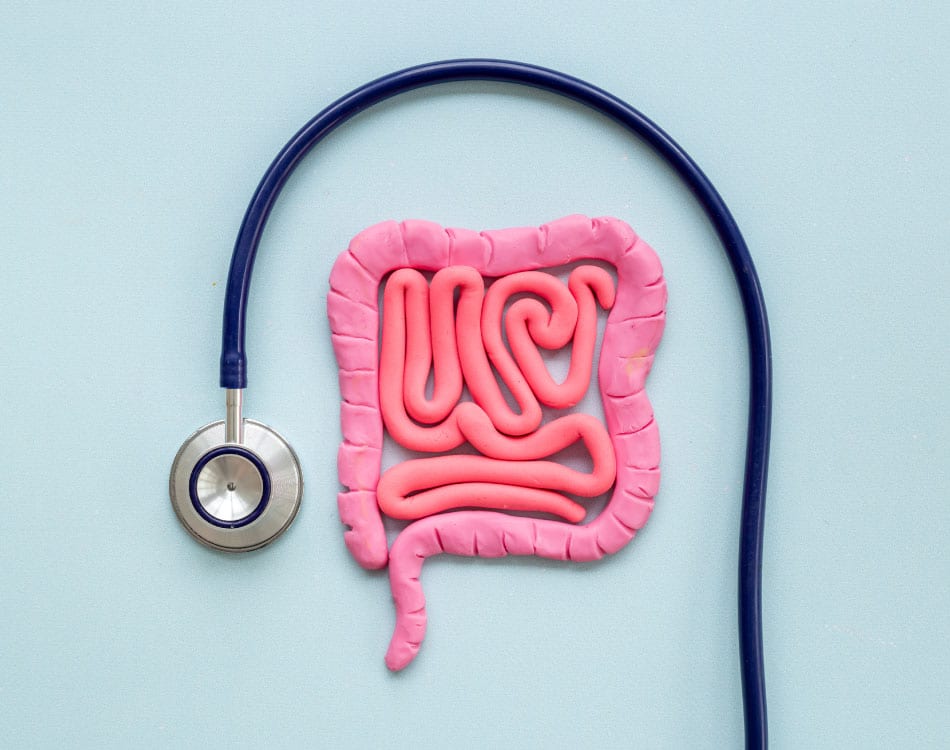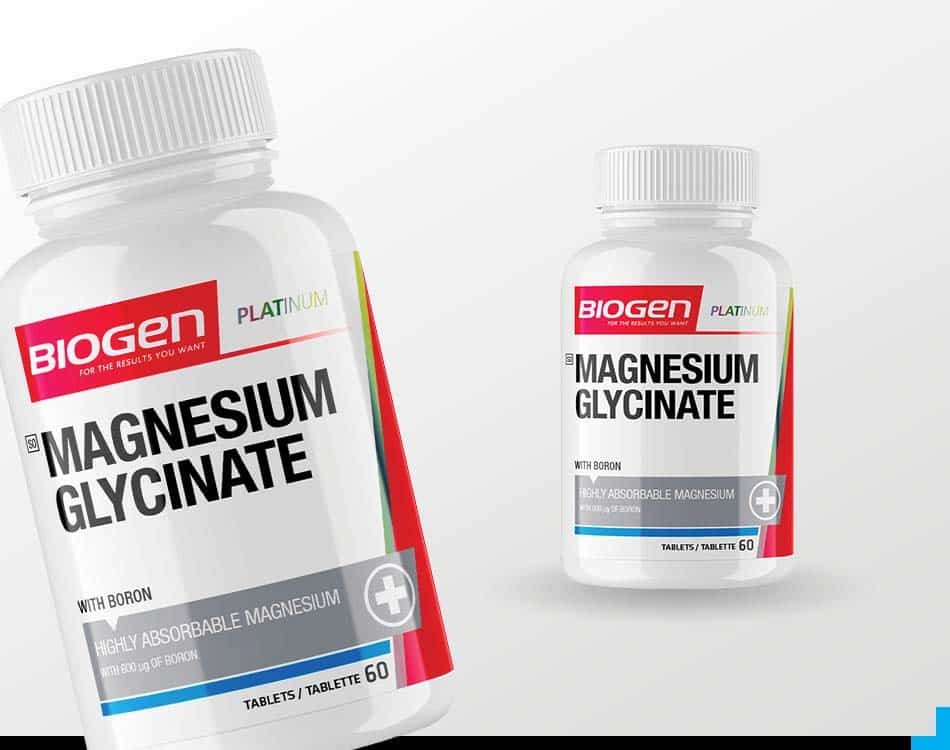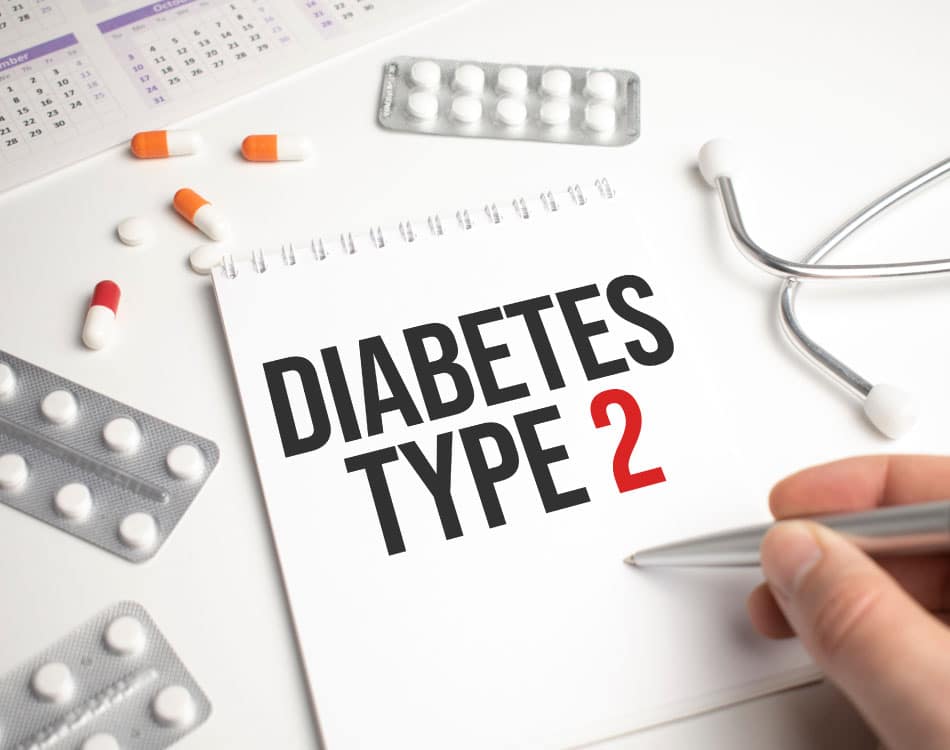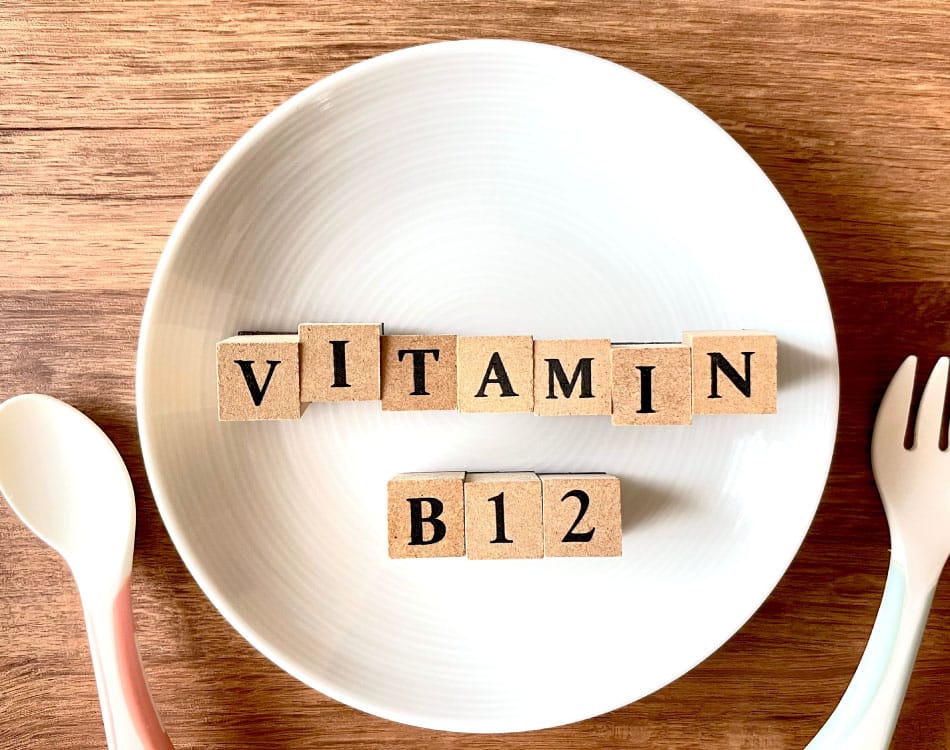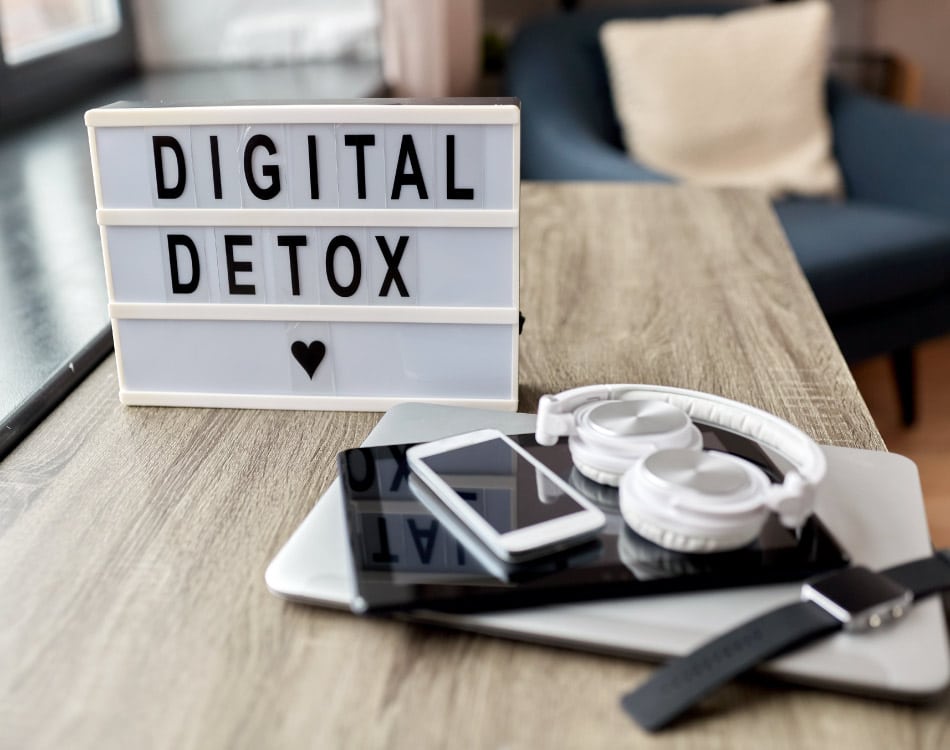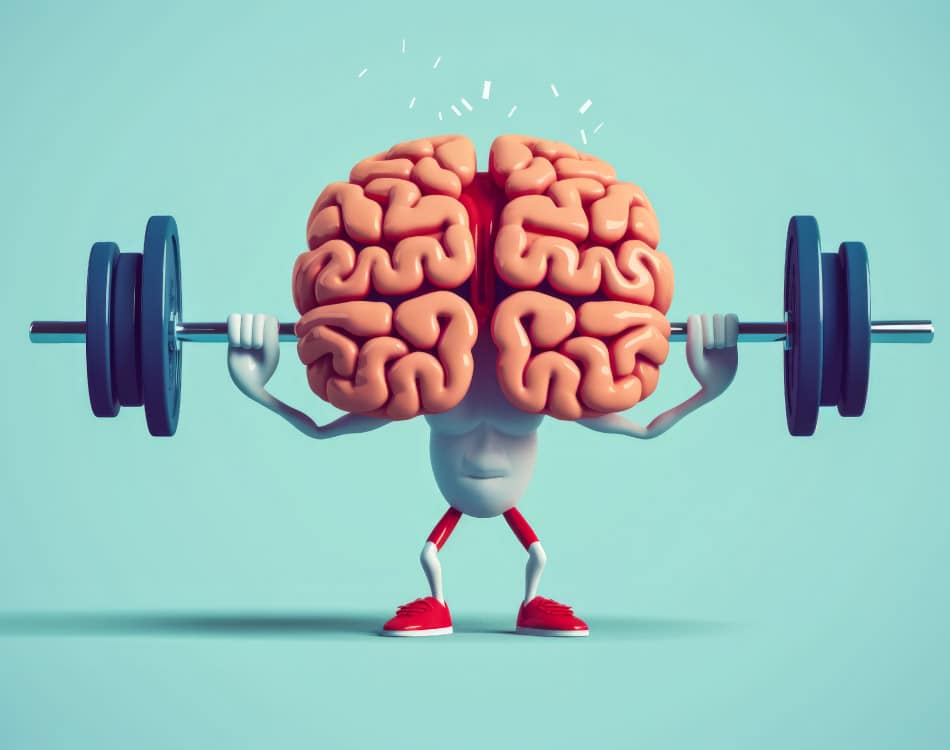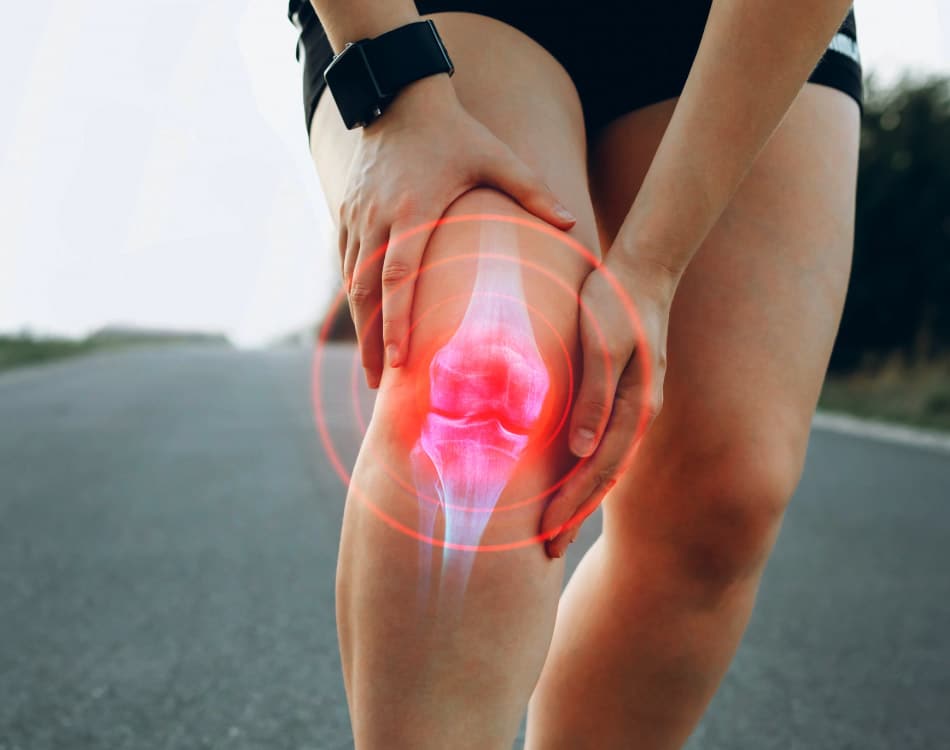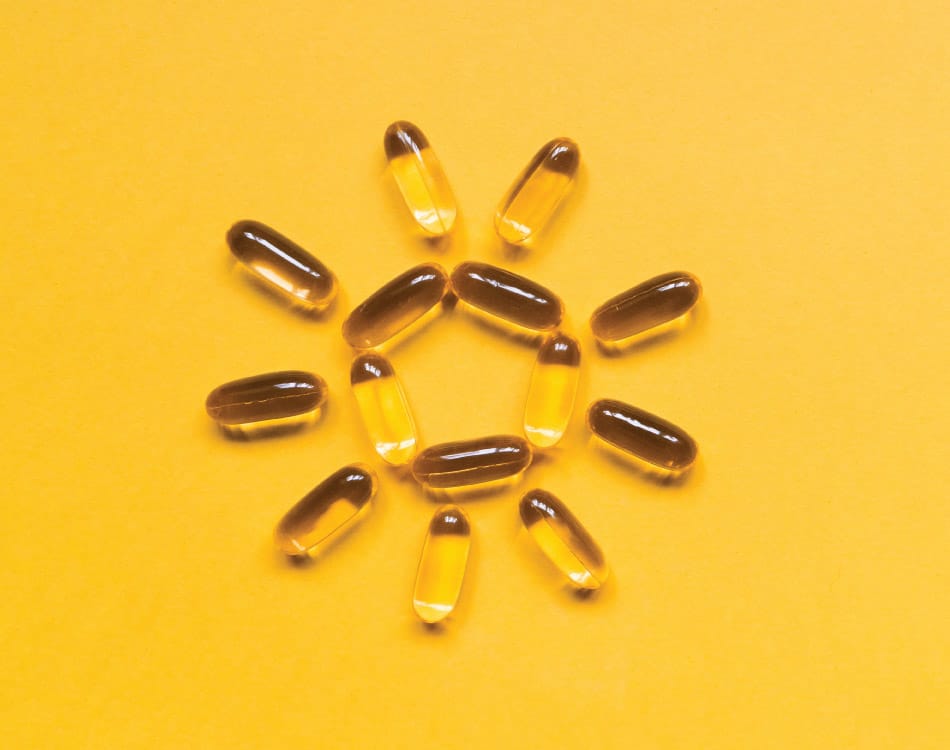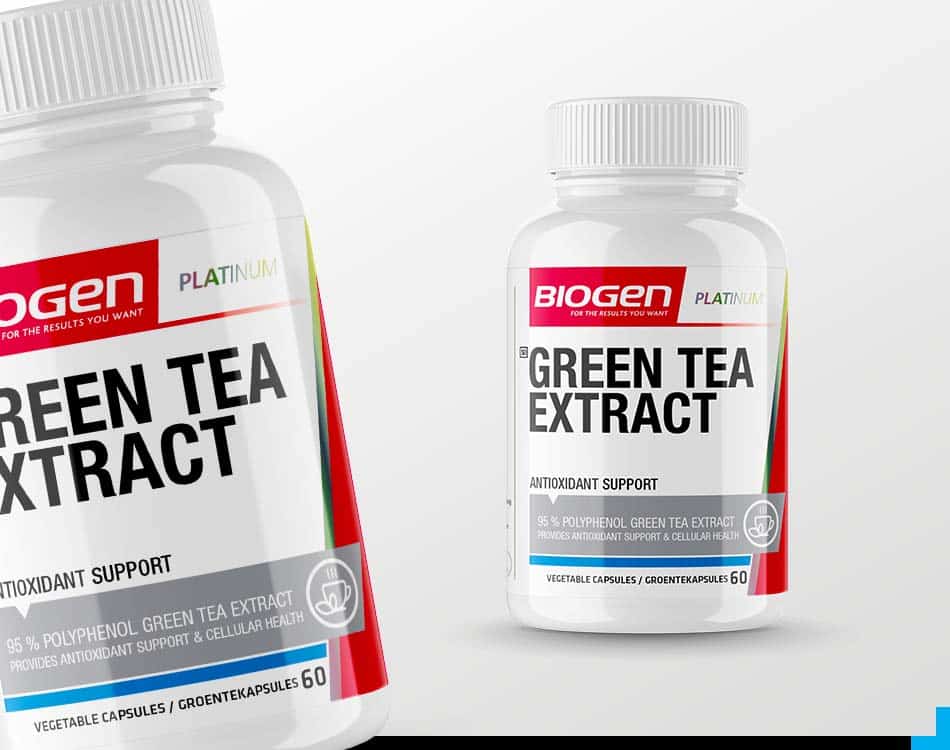Many supplements that aim to enhance your performance don’t only focus on boosting your physical capacity anymore.
A rapidly growing product category also works to improve cognitive function, memory and creativity while helping to increase focus and motivation.
Known collectively as nootropics, these ingredients are available as either standalone products or are included in a growing number of product formulations, including pre-workouts, fat burners and energy drinks.
Natural and synthetic
The nootropic name is derived from the ancient Greek words nóos, which means “mind” and tropḗ, which means “turning”.
Often referred to as smart drugs, cognitive enhancers, neuro-enhancers or memory-enhancing substances, nootropics can include various natural or synthetic substances that boost brain performance.
Prescription medication used to treat mental conditions such as ADD, ADHD, Alzheimer’s disease or narcolepsy, among others, fall into the broader nootropic definition. These synthetic substances typically exert the strongest effects on attention, focus, memory and wakefulness but require a prescription to purchase and use.
However, there are other synthetic nootropics that are not scheduled. As such, they are often included in various supplement formulations and other products that don’t require a prescription to purchase.
Another class of nootropics includes various natural ingredients that you can buy over-the-counter or on supplement store shelves at your local Dis-Chem.
Many of these ingredients have been used in natural medicine for years. And we often consume substances every day that are technically classified as nootropics, like caffeine, creatine and amino acids like L-theanine.
- About caffeine: Caffeine is the most widely consumed psychoactive substance in the world. Caffeine works by blocking adenosine receptors in your brain, which makes you feel less tired.
- About creatine: Creatine is an amino acid used by muscle cells to regenerate the energy needed to power forceful, short-duration muscle contractions. However, creatine can also benefit your brain. When it binds with phosphate, your body creates a molecule that brain cells consume for fuel.
- About L-theanine: L-theanine is a naturally-occurring amino acid that is also available as a supplement. Several studies show that taking up to 200 mg of L-theanine has a calming effect, without causing drowsiness. Smaller doses of up 50 mg may increase alpha waves in the brain, which are linked to creativity. L-theanine is generally more effective when consumed with caffeine, which is why they are commonly stacked in performance-enhancing supplements.
Other naturally-derived nootropics include certain B vitamins, omega-3 fish oil and herbal supplements such as ginseng, guarana, Gingko biloba and extracts of Bacopa monnieri.
The Alpha-GPC factor
Alpha-glycerylphosphorylcholine (Alpha-GPC) is another popular nootropic included in an increasing number of products.
Alpha-GPC is included in various dietary supplements for its cognitive and mental performance benefits, and in medicines used to treat conditions such as Alzheimer disease, stroke and vascular dementia.
Alpha-GPC works by increasing the production of the neurotransmitters (chemical messengers) acetylcholine (important for memory and learning functions) and dopamine (acts on signalling pathways in the brain that are vital for concentration, attention cognitive processing and memory).
A 2015 study published in the Journal of the International Society of Sports Nutrition, which looked at the effects of alpha-GPC, caffeine or placebo on markers of mood, cognitive function, power, speed, and agility, found that Alpha-GPC “seemed to be beneficial for certain physical and mental performance tasks.”
The researchers concluded that “future research should focus on dosage, the timing of consumption before testing measurement, bioavailability, longer-term supplementation, and subject selection, in order to reduce individual variability.”
LF recommends:
NPL’s expanded pre-workout, fat burn and energy ranges contain Alpha-GPC. These products include:
- NPL Amino Burn
- NPL Amino Pre-Load
- NPL N.O. Charge Pre
- NPL Pre Ignite
- NPL’s Series Black Hyper Pump II
- NPL Hustle
- NPL Neuro Cuts
- NPL Neuro Burn
Products in the USN Wellness range and various energy supplements contain Alpha-GPC:
- USN Combat Games
- USN Spike x300 Qhush Nootropic
How nootropics work
While research continues into how exactly nootropics work to stimulate the mind, early findings indicate they may act on various systems within the body.
Some may increase blood flow to the brain, which delivers more nutrients and oxygen to the brain to boost cognitive function and feelings of alertness.
Some nootropic substances potentially increase adrenalin output, which produces effects similar to caffeine, while others exert their effect by boosting the production of neurotransmitters such as dopamine.
Some substances may also provide neuro-protective benefits by boosting the brain’s antioxidant capacity. For instance, omega-3 fatty acids help protect brain cells against inflammation, or stimulate faster brain cell regeneration and repair, including the neurons, which can slow the age-related cognitive decline.
Scientific support
- Studies in 2000 and 2007 found that nootropics can improve blood flow to the brain by dilating blood vessels, which helps to deliver more nutrients – glucose for energy and oxygen – to different regions in the brain.
- A study conducted in 2012 found that nootropics can help to improve brain health and function by decreasing inflammation to slow ageing in brain cells.
- A 2015 review found that omega-3 fatty acids can protect the brain against the effects of ageing, while various other research reports concluded that omega-3s are important for brain and nervous system function.
- And in a 2016 review, researchers found that L-theanine may increase alpha brain waves, which may contribute to a relaxed yet alert mental state.


